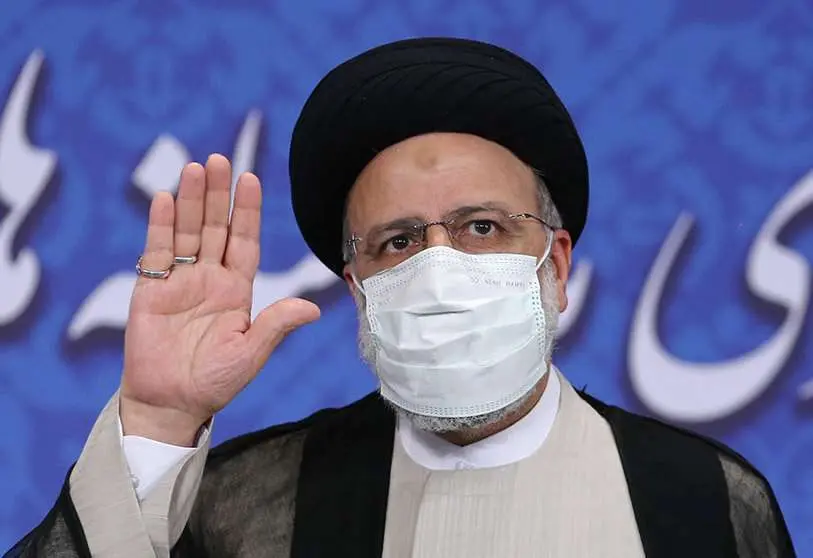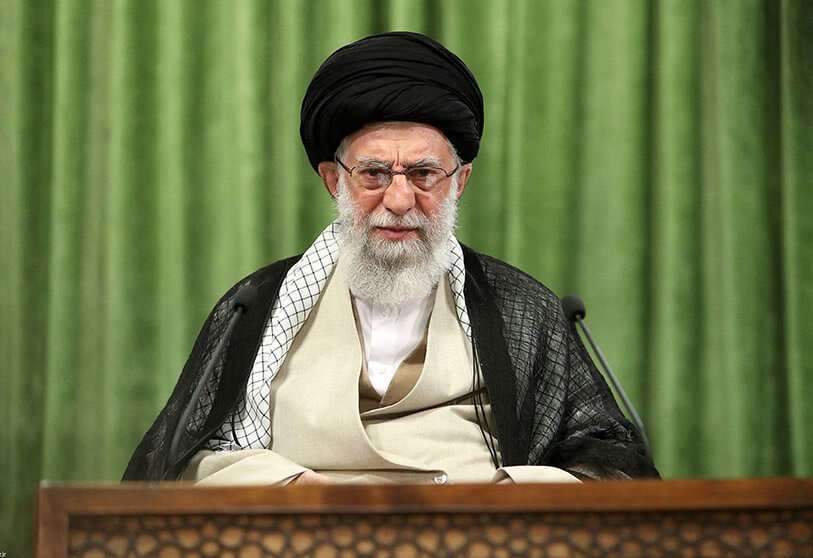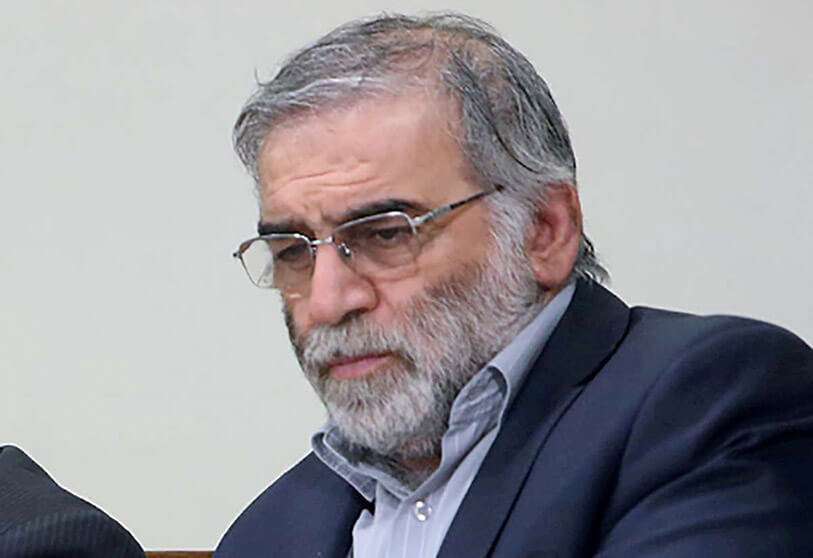Washington pulled two scientists out of Iran two weeks before the assassination of the mastermind of its nuclear programme

The chaos surrounding the Iranian state does not seem to have ceased despite the arrival of Ebrahim Raisi to the presidency. If the whole atmosphere surrounding the nuclear issue in Iran is already unstable in itself, the publication of new reports related to this issue only serves to fuel the unstable situation. According to Ensaf News, the United States removed two Iranian defence ministry scientists from the country just two weeks before the assassination of nuclear scientist Mohsen Fakhrizadeh, thanks to the statements of a former security official.
Fakhrizadeh was considered one of the most important men in the design of Iran's nuclear programme and was head of the Defence Ministry's Innovation and Research Organisation. He was assassinated on 27 November 2020 in the Damavand district near the capital Tehran. The former official who revealed this information to Ensaf News stated that Fakhrizadeh's name was leaked to the assassins following reports of the theft of official documents on the nuclear programme by the Israeli occupation. This is one of the reasons why, when the ministry reported Mohsen's assassination, all eyes were on Jerusalem.

The Iranian government, as usual, has tried to keep the amount of information that comes to light on any of these matters to a minimum. Indeed, the media outlet, known for its links to reformist forces, has reportedly been threatened and pressured to immediately remove the report from its website. The extent to which this may affect the new Raisi-led government is unknown at this stage, but the government - as has always been the case during the presidency of Hassan Rohani - is not very keen on having transparency as a banner.
Mahmud Alavi, Iran's intelligence minister, said that one of the accomplices involved in Fakhrizadeh's assassination was a former member of the armed forces. He added that he had fled the country before the operation began. However, it should also be noted that this assassination was preceded by several other assassinations related to Iran's nuclear programme. Between 2009 and 2011, up to four Iranian nuclear scientists linked to the programme were also assassinated in the capital, which already hinted at the danger surrounding a nuclear strategy that has kept the whole of international society on edge.

The publication of this report by Ensaf News comes at a difficult time for Iran. Not because of its unstable situation - something that has never ceased to be present - but because it has recently entered a process of transition with the arrival of a new president to power. A leader who, moreover, is internationally unknown. Ali Reza Eshraghi, project director of the Middle East and North Africa division of the Institute for War and Peace Reporting, speaks of the secrecy surrounding him: "Who is he surrounding himself with? Who is he going to be working with? Who facilitated his rise to the presidency? Those are the most important questions," Eshraghi said of Raisi.
The new key figure in Iranian politics has the support of Supreme Leader Ali Khamenei, who is precisely one of his most valuable assets since the now (still elected) president was the head of Iran's judiciary. This does not detract from the fact that Raisi, described by many as a fanatic and opportunist, has long been in the crosshairs of several organisations, including the United Nations (UN). Less than two weeks after the ultra-conservative won the 18 June elections, Javed Rehman, the UN's human rights investigator in Iran, called for an independent investigation on 30 June into the state's execution of thousands of political prisoners in 1988.

"I think this is the right time, and it is very important now that Raisi has become president, that we start investigating what happened in 1988 and the role of all the individuals," said the UN investigator. Clarifying this issue could be of great importance, not only for the new Iranian president, but also for all the families who suffered the consequences of the massacre and who will be able to learn more about what happened thanks to the investigation that the UN intends to launch.
This controversy, together with the publication of the report on the US's actions to remove two scientists from Iran, put Raisi in a complicated situation as soon as he won the elections. However, Iran's strategy does not seem to be undergoing major changes, so it is not expected to be easy for Tehran to shed light on this situation. The secrecy and tight control of information does not seem to have ended with Rohani's departure from power.








